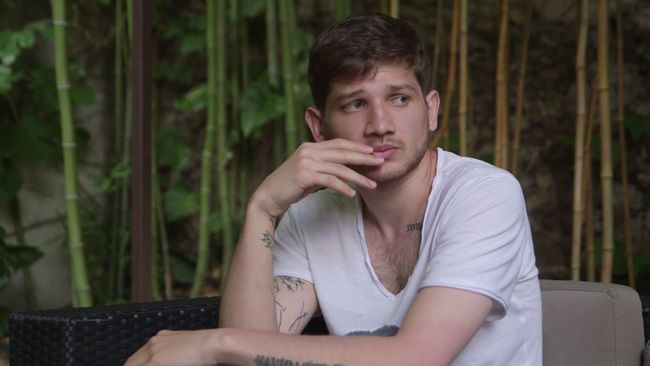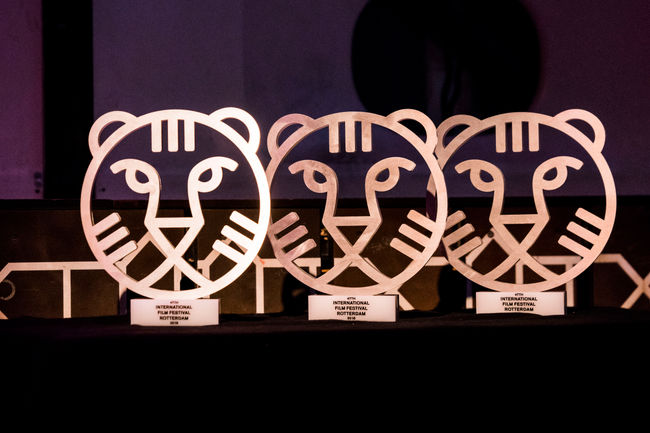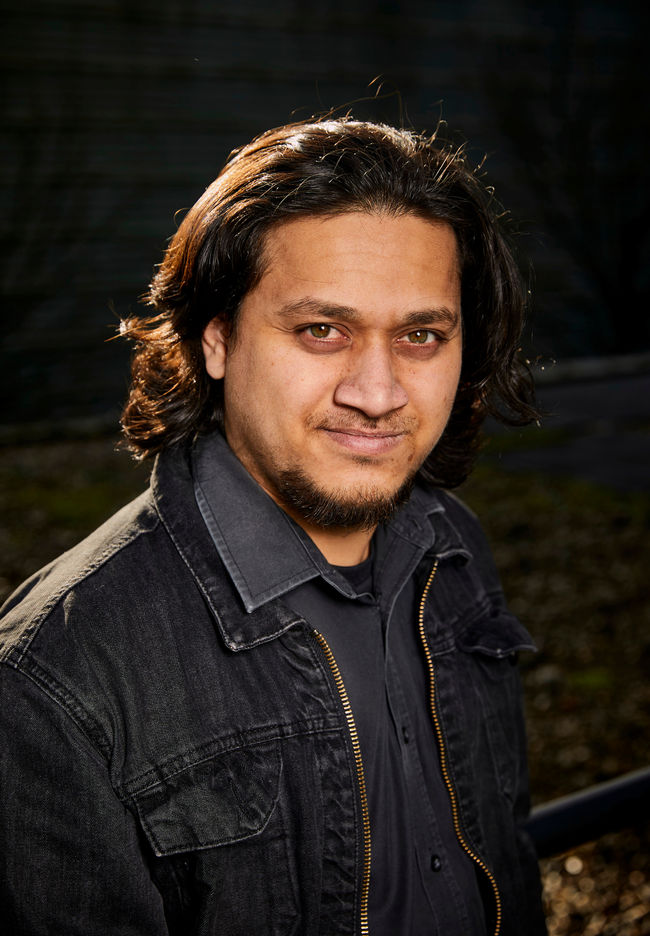Fellipe Barbosa on Gabriel and the Mountain
23 May 2018
For his second feature Brazilian filmmaker Fellipe Gamarano Barbosa followed the footsteps of his childhood friend Gabriel, whose backpacking trip around the world came to an abrupt end when he died during a hasty climb in the Mulanje Massif, in Malawi. Fellipe took his main actors to Africa but cast the locals who crossed paths with the real Gabriel as themselves.
Three years ago Gabriel and the Mountain was already in Rotterdam - as a selected project at IFFR's CineMart. How important was that for your film?
"It was excellent, mainly because for the first time I had to talk about the movie and articulate it in a way that made it sound like a movie. At that time I already had a script, but not the idea that I would work with the actual people that had met Gabriel. I did find three potential co-producers here in Rotterdam, but ended up going with somebody I already knew from before. Sometimes things lead to other things, but the moment at CineMart where I was trying to articulate what the movie was about, was the moment I realised that I still had a lot of work to do. So I went back to Africa and looked for the characters, and as a result I rewrote the entire script."
You went back to Africa ? How many trips did you make in total for this film?
"I went three times after Gabriel died, and that includes the actual shoot. But I also went once before he died. In 2007 I went to Uganda, where he wrote the first email in the movie to his family and friends. When I received that mail, it was the first impulse. I got the feeling: it could be me. I know this place, I know this feeling: of not wanting to leave, of wanting to stay in Africa forever."
Were you still friends at that time?
"I was on his email list, but we had lost touch. That's one of the reasons why I made this film; to find my way back to him. We were childhood friends from when we were seven. We went to school together, a very rigid catholic school in downtown Rio, where school days would run from 9 am to 5 pm. It's the same school where my first feature, Casa grande, takes place. We were there from age 7 to 17. Afterwards we studied economics together and then I got a scholarship in film and went to the US. When I returned home in 2008, Gabriel had just left for his trip around the world. I had lost touch and I felt guilty for not being there so much. My strongest childhood memory of Gabriel is that he would look at me so much. He was a very observant guy and very introverted. A very different Gabriel than later on, the one you see in the film. He looked as if he knew we would have this connection in the future, you know. And this look is like a mirror in a way. The film perpetuates this feeling, of being looked at by him. Like he is still looking at me."
The saying goes that with film, the first one is easy, but the second one is hard. Maybe it should come with an add-on: especially if you go to Africa to shoot it?
(Laughs) “And on top of that, we had to climb Kilimanjaro with a crew of non-mountaineers. My director of photography was manic and we had a crew who was certainly not ready for it. But then again, they had so much faith in this idea that we had to go to the same places Gabriel went. The same hotel rooms. The same peaks. The same everything. The actor wears his actual clothes, which his mum kept all this time."
The inherent danger of a project like this is that you transform a deceased person into something akin to a saint.
"If you look closely at the images, you'll see that it is through the actual people who met Gabriel that I tell his story. They have the close ups, not the actor who plays Gabriel. As a viewer, you are always kept at a bit of distance from him. During the editing phase doubts surfaced: what would the reactions of his parents and close friends be on my portrayal of him? In a way, the family is easy: they love him unconditionally. But the close friends were trickier, maybe they would find that I was unfair, too brutal, that it was not the Gabriel that they knew. At the premiere in Rio I had a lot of people crying on my chest. They were very moved by the film and thanked me, and said: don't worry, he could be more annoying in real life. That is real love: that we are still able to love someone else even with all of his or her defects. So no, there is no pretence that Gabriel was a saint. If the film was only a positive eulogy, it would be boring."
And how did Gabriel's immediate family react?
"His mother and little sister came to the premiere. They were very moved. As was Lenny the Maasai. It was the first time he took a plane, the first time he saw the sea and the first time he was in a movie theatre. At the end, he was hiding his tears - because Maasai can't cry, right?"



